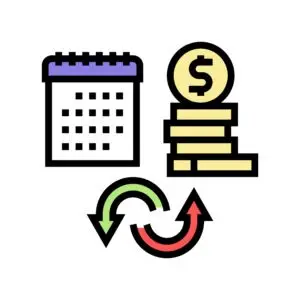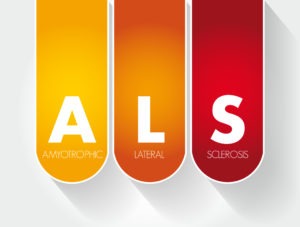
How Long Can I Receive Social Security Disability Benefits?
Social Security Disability Insurance (SSDI) provides income to individuals who are unable to work due to a disability. However, many beneficiaries often wonder how long they can rely on these benefits. In this blog post, we will discuss the factors that determine the duration of Social Security Disability benefits and how it affects you.
The Duration of SSD Benefits
Once approved for SSD benefits, you can generally continue receiving them as long as you meet the eligibility criteria. However, there are specific factors that can influence the duration:
- Medical Improvement: The SSA periodically reviews your medical condition to determine if there has been any improvement. If they find that your condition has improved to the point where you can engage in substantial gainful activity, your benefits may stop.
- Age and Retirement: When you reach full retirement age, your SSDI benefits will automatically convert to Social Security retirement benefits. At this point, the duration of your benefits is no longer a concern, as retirement benefits continue for the rest of your life. If you are receiving SSI benefits based on a disability and you reach full retirement age (as determined by the SSA), your benefits may be converted to Social Security retirement benefits. The rules and eligibility criteria may change at that point.
- Return to Work: If you are able to return to work and earn more than the SGA threshold, your SSD benefits may be suspended. However, there are work incentives and trial work periods in place to encourage beneficiaries to test their ability to work without losing benefits immediately.
- Death: SSD benefits end upon the beneficiary’s death. However, surviving family members may be eligible for survivor benefits.
- Financial Eligibility: SSI benefits are also subject to financial eligibility limits. If your income or resources increase beyond the allowable limits, your SSI benefits may be reduced or terminated.
- Change in Circumstances: If there is a change in your living situation, financial resources, or other circumstances, it can affect your SSI eligibility and the amount of benefits you receive.
40+ years of experience from strong, knowledgeable, compassionate attorneys.
Start A Free EvaluationPeriodic Continuing Disability Reviews (CDRs)
The SSA conducts periodic Continuing Disability Reviews (CDRs) to assess whether you still meet the disability criteria. The frequency of these reviews depends on the severity of your condition and the likelihood of improvement. There are three types of CDRs:
- Medical Improvement Expected (MIE): If there is an expectation that your condition may improve, CDRs occur every six to 18 months.
- Medical Improvement Possible (MIP): If improvement is possible but not expected, CDRs happen every three years.
- Medical Improvement Not Expected (MINE): If your condition is unlikely to improve, CDRs occur every seven years.
During a CDR, the SSA will evaluate your medical records and may request additional information from your healthcare providers. It is crucial to cooperate fully during these reviews to maintain your eligibility for SSD benefits.
Social Security Disability benefits provide essential financial support to individuals with disabilities. The duration of these benefits depends on various factors, including medical improvement, age and employment status. Regular Continuing Disability Reviews help ensure that only those who still meet the criteria receive SSDI benefits.
If you are in need of applying for disability benefit or appealing a denial, contact the Social Security Disability Attorneys of Berger and Green for a free consultation.








